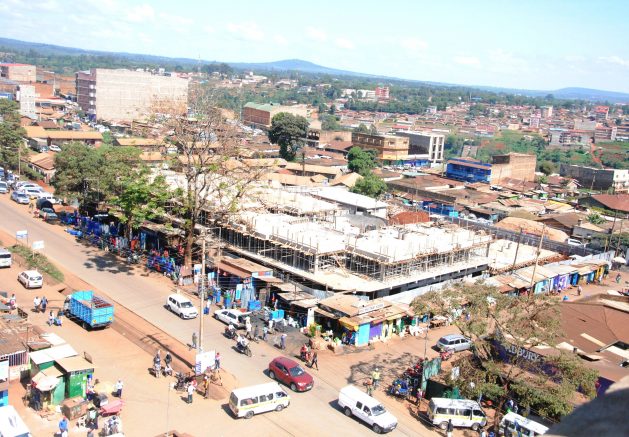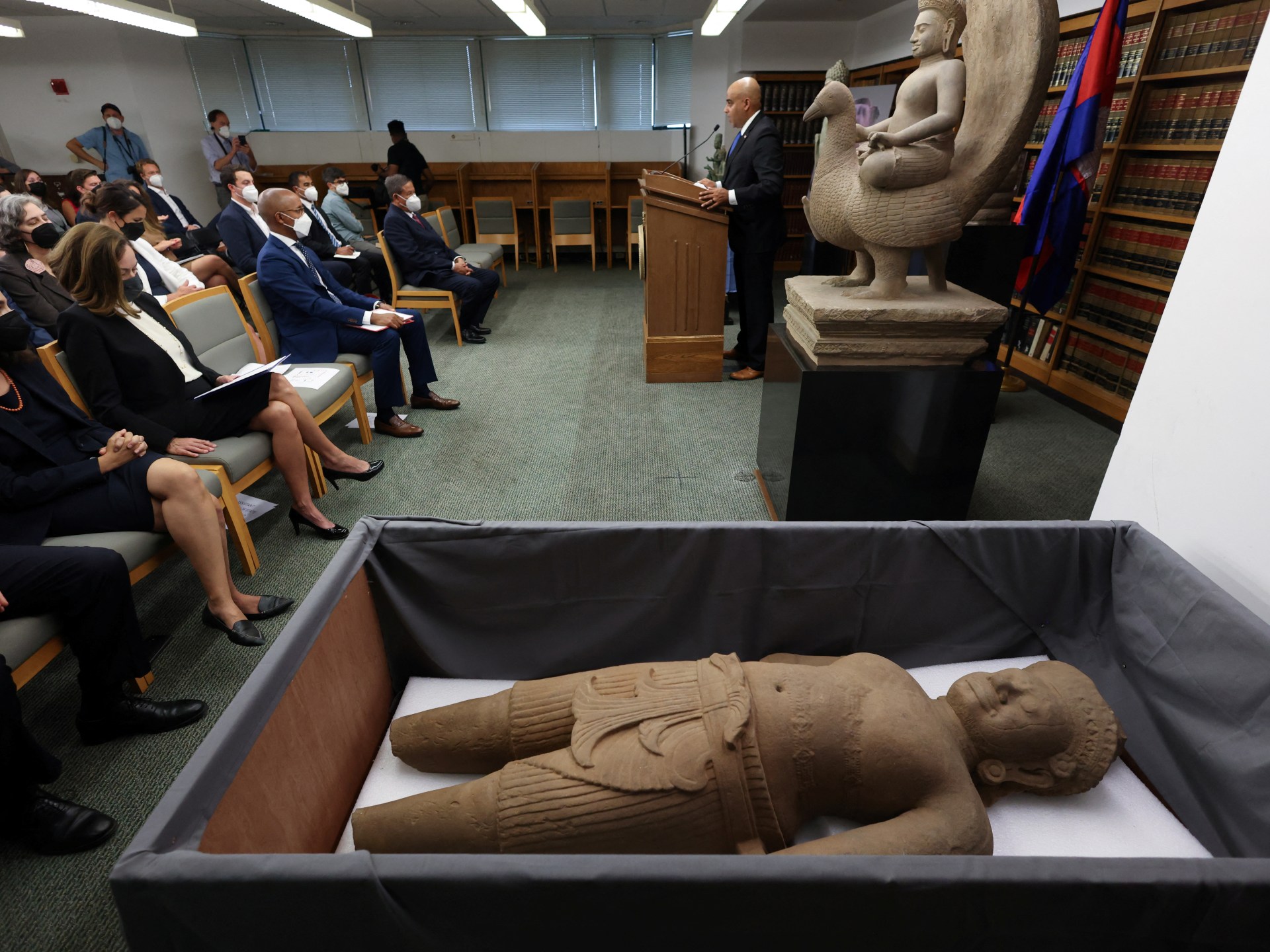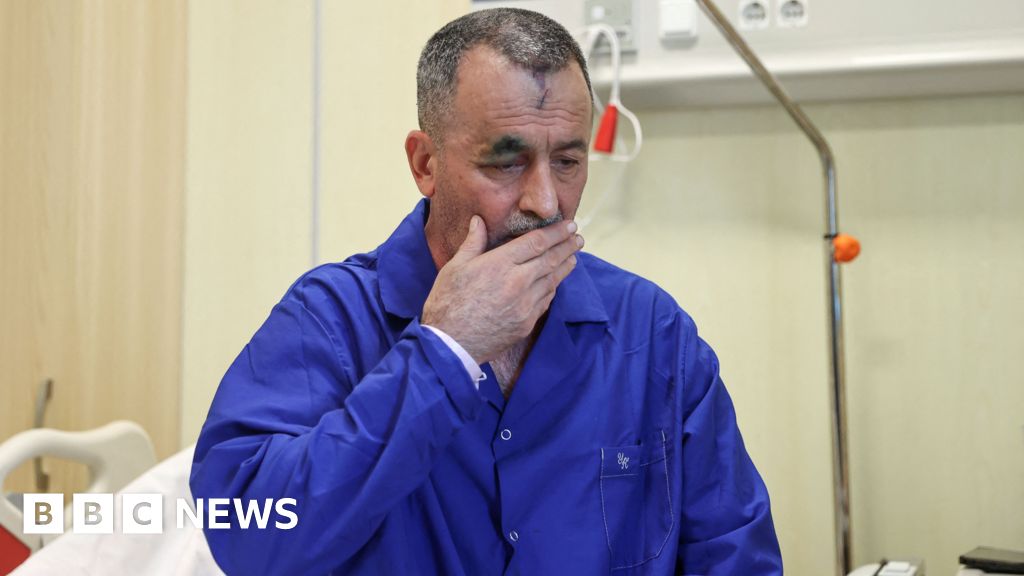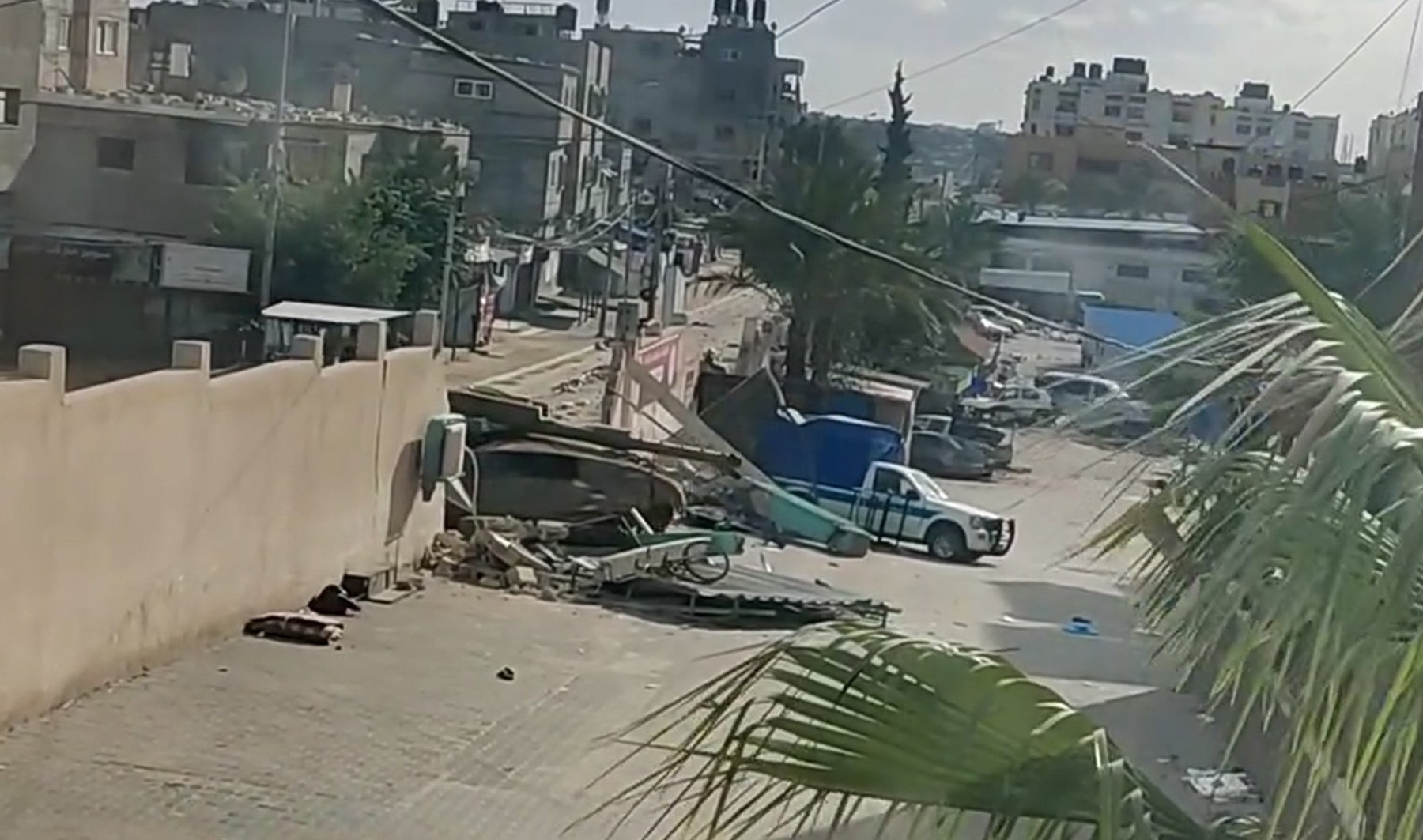Race to Prosperity as Least Developed Countries Top Agenda at UN Conference — Global Issues
UNITED NATIONS & NAIROBI, Feb 06 (IPS) – It is a race against time to form a new global partnership to secure a better future for the world’s poorest and most vulnerable nations by 2030 in line with the UN’s SDGs. All 46 countries classified as Least Developed Countries (LDCs) are pressed for time in a bid to deliver critical development goals.
Sub-Saharan Africa has the biggest regional presence within the LDCs group. Countries in other regions include Afghanistan, Haiti and Bangladesh. All battling a common enemy and in dire, urgent need of a concerted global push to accelerate social, economic and environmental development.
With the? Istanbul?Programme of Action for the Least Developed Countries? (IPoA) implementation period completed, a new conference is being held in two parts. The first part of the Fifth UN Conference on the Least Developed Countries (LDC5) led to the adoption of the Doha Programme of Action (DPoA) in New York on March 17, 2022.

The Permanent Representative of Qatar to the UN, Sheikha Alya Ahmed S. Al-Thani, told IPS that the second part of the conference will be held in Doha, Qatar, on March 5-9, 2023 and is “a unique opportunity for the LDCs, development partners, major groups, and other stakeholders to come together and build momentum for effective implementation of the Doha Programme of Action (2021-2030) and to make concrete commitments that will strengthen global and inclusive partnerships to meet the special needs of the LDCs.”
She further stressed that the conference is “a key moment for the international community to advance true development and recovery that works for all people and all countries and, therefore, reinvigorate global solidarity towards the LDCs. The State of Qatar has a proven track record of responding to the needs and challenges of the LDCs, and it will spare no effort to ensure the success of the Fifth United Nations Conference on the Least Developed Countries.”
With an estimated combined population of 880 million people, translating to 12 percent of the world population, these countries are suffocating under severe structural impediments to growth. At varying levels, all 46 countries are characterized by issues such as poorly developed institutions, low saving rates, low literacy and school enrollment rates.
“I have heard it again and again that – to leave no one behind, we must start with that furthest behind – and for this aspiration to become a reality, the Doha Programme of Action for LDCs offers an excellent package. We all need to work together, to implement this programme of action – the LDCs, their partners and or friends and the UN system,” Rabab Fatima, UN Under-Secretary-General and High Representative for the LDCs, LLDCs (Landlocked Developing Countries) and SIDs (Small Island Developing States) told IPS.
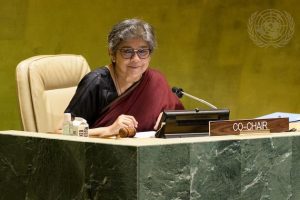
LDC5 is, therefore, a critical once-in-a-decade opportunity to accelerate sustainable development in the places where international assistance is needed the most – and to tap the full potential of the least developed countries, helping them make progress on the road to prosperity.
As such, world leaders will gather with the private sector, civil society, parliamentarians, and young people to advance new ideas, raise new pledges of support, and spur delivery on agreed commitments, through the Doha Programme of Action. It is expected that leaders will also adopt a new Doha declaration.
“The Doha Programme of Action provides a blueprint for LDCs to overcome the impacts of ongoing global crises, to build sustainable and inclusive recovery from the pandemic, and to build resilience against future shocks – to get us back on track on the 2030 Agenda. This can only be fulfilled by strengthening our partnerships through South-South and Triangular cooperation,” Csaba Kőrösi, President of the UN General Assembly, told IPS.
DPoA is defined by six key focus areas, including investing in people, eradicating poverty and building capacity, supporting structural transformation as a driver of prosperity, enhancing international trade and regional integration, leveraging the power of science, technology and innovation, tackling climate change, COVID-19 and building resilience as well as mobilizing international partnerships for sustainable graduation.
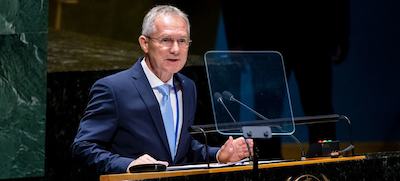
It is firmly believed that the full implementation of DPoA will help the LDCs to address the ongoing COVID-19 pandemic as well as the resulting negative socio-economic impacts, return to a pathway to achieve the SDGs, address climate change challenges, and makes strides towards sustainable and irreversible graduation.
Therefore, during the second part of the conference in Doha, it is expected that specific initiatives and concrete deliverables will be announced that will address LDC-specific challenges. Gathered leaders will undertake a comprehensive appraisal of the implementation of the Istanbul PoA.
Leaders will also mobilize additional international support measures and action in favour of LDCs and agree on a renewed partnership between LDCs and their development partners to overcome structural challenges, eradicate poverty, achieve internationally agreed development goals and enable graduation from the LDC category.
The heart of the conference is hence the recognition that global recovery is heavily dependent on extending much-needed support to LCDs. And that bold investments across all key sectors – particularly health, education and social protection systems – must be alive to the special development needs of the poorest, most vulnerable nations.
In all, the Office of the High Representative for Least Developed Countries, Landlocked Developing Countries and Small Island Developing States (OHRLLS) is the UN’s focal point for LDC5 Conference preparations.
The High Representative for Least Developed Countries will be the Secretary-General of the Conference. OHRLLS and the LDC Group have expressed their gratitude for Qatar, Turkey and Finland’s generous support to LDC5 preparations and welcome the contribution of all stakeholders for the success of the conference. – Additional Reporting: Naureen Hossain
IPS UN Bureau Report
Follow @IPSNewsUNBureau
Follow IPS News UN Bureau on Instagram
© Inter Press Service (2023) — All Rights ReservedOriginal source: Inter Press Service
Check out our Latest News and Follow us at Facebook
Original Source

